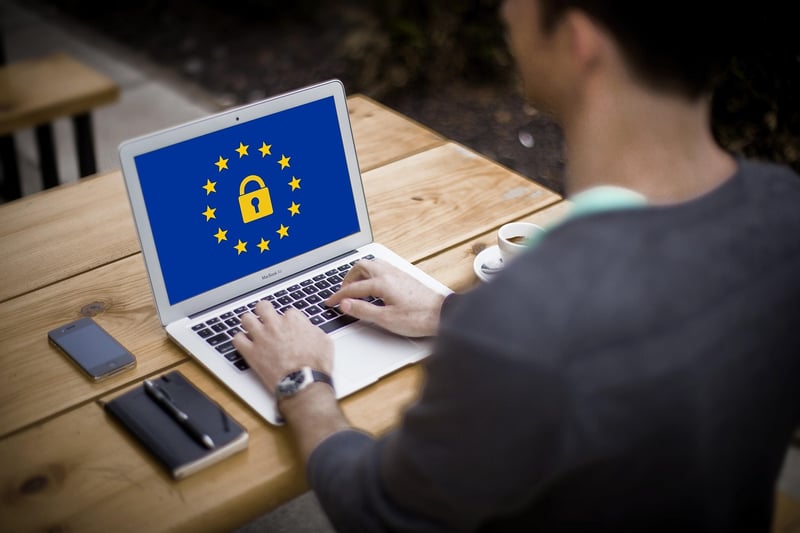Secure Communication
Safeguard Identities and Reports: Secure Communication
Introduction
In today's digital age, safeguarding identities and reports is crucial to maintaining security and privacy. Secure communication plays a vital role in ensuring that sensitive information remains confidential and protected from unauthorized access. This article will explore the importance of securing identities and reports through secure communication methods.
Why Secure Communication Matters
Secure communication is essential for protecting identities and reports from cyber threats such as data breaches, hacking, and identity theft. By encrypting data and using secure channels for communication, individuals and organizations can prevent sensitive information from falling into the wrong hands.
Best Practices for Secure Communication
- Use end-to-end encryption for messaging and file sharing.
- Implement secure email protocols such as PGP (Pretty Good Privacy).
- Use secure communication apps with strong encryption standards.
- Avoid sharing sensitive information over public Wi-Fi networks.
- Regularly update software and security patches to prevent vulnerabilities.
Benefits of Secure Communication
By adopting secure communication practices, individuals and organizations can enjoy the following benefits:
- Protection of sensitive data from unauthorized access.
- Enhanced privacy and confidentiality of communication.
- Compliance with data protection regulations and industry standards.
- Increased trust and credibility among stakeholders.
Conclusion
Securing identities and reports through secure communication is essential in today's digital landscape. By following best practices and using encryption technologies, individuals and organizations can mitigate the risks of data breaches and cyber attacks, ensuring the confidentiality and integrity of sensitive information.

